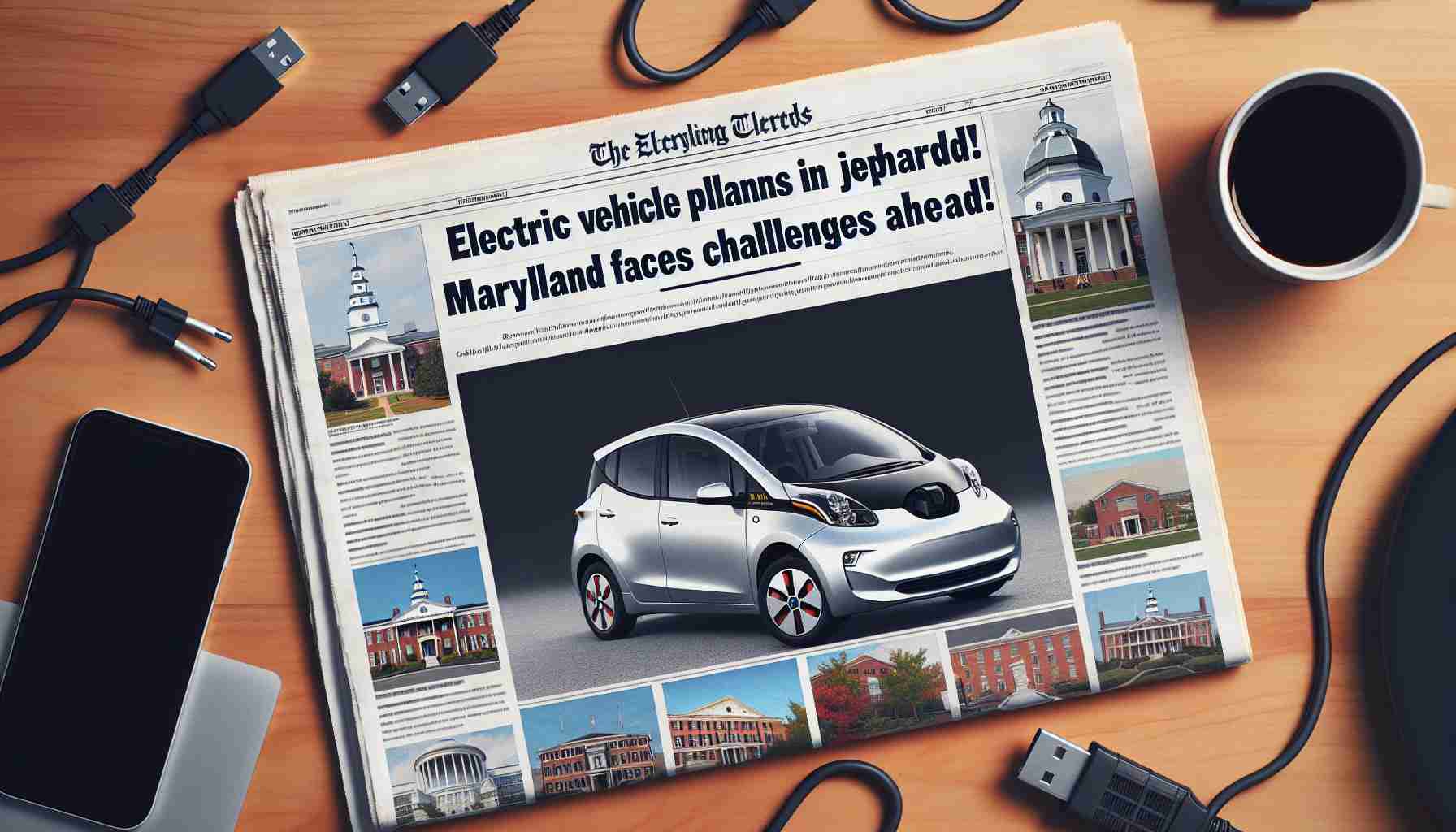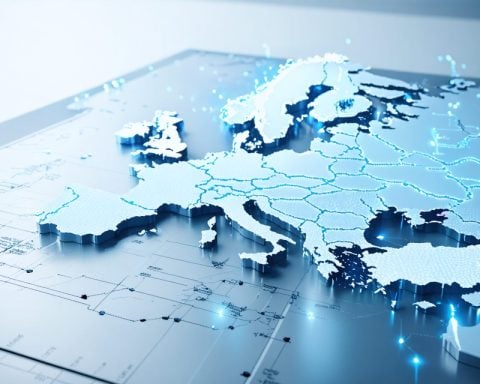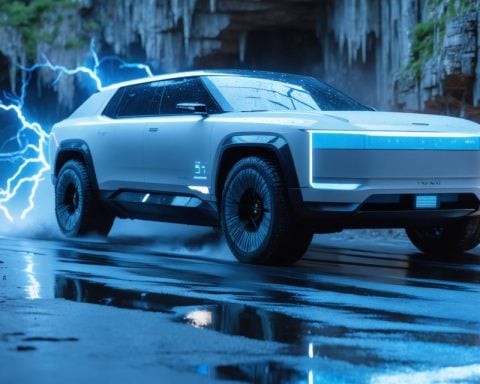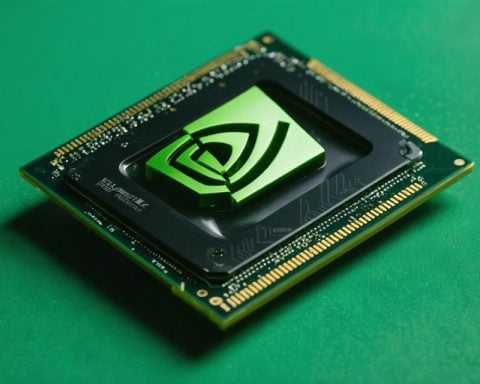Maryland’s Clean Cars Initiative Under Scrutiny
In a recent legislative session, concerns were raised about the viability of Maryland’s electric vehicle (EV) program following an executive order that threatens existing tax incentives for EV purchases. This development has placed the state’s ambitious clean cars initiative in a precarious position.
Officials in Annapolis emphasized the need for continual monitoring as legal proceedings unfold. Maryland’s strategy includes an assortment of incentives designed to promote electric vehicle adoption, such as rebates and tax benefits. Amid this uncertainty, it was noted that the Maryland Zero Emission Vehicle Infrastructure Plan is still aligning with established goals.
Current statistics reveal that Maryland boasts 126,986 registered electric vehicles and over 1,600 charging stations, with Montgomery County and Baltimore City leading the charge. However, a significant issue arose when it was found that approximately 30% of these charging stations are non-functional.
The Maryland Freedom Caucus has fiercely criticized the state’s EV program, labeling its objectives as overly ambitious while asserting that the infrastructure is insufficient and an economic burden on families. In contrast, the Moore administration strongly defended the program, pointing out that EVs consume less than 1% of Maryland’s electricity.
With state officials committed to maintaining the program, a comprehensive plan is anticipated to be released later this year, aiming to bolster EV manufacturing and enhance consumer options.
Broader Implications of Maryland’s Clean Cars Initiative
The unfolding situation surrounding Maryland’s Clean Cars Initiative showcases a pivotal moment in the state’s transition to electric vehicles (EVs) and reflects broader trends that resonate across society and the global economy. As the EV market gains momentum, states like Maryland are at a crossroads, illustrating the tension between ambitious environmental goals and economic realities. The threat to tax incentives not only puts pressure on local consumers but could also stall the momentum of the EV industry, which nationally has seen a surge in sales and investment.
On a societal level, the effectiveness of EV programs hinges on public perception and engagement. The criticism from the Maryland Freedom Caucus highlights a growing concern among families about the affordability of EV transitions juxtaposed against the need for sustainable practices. This dichotomy raises important questions about equity and access in energy policies, particularly as cities across the U.S. promote cleaner options. The concern over non-functional charging stations is emblematic of a larger issue: the need for robust infrastructure that can support a growing EV ecosystem.
Economically, failing to support clean technologies could undermine future job growth in the burgeoning green sector; for instance, the EV industry is projected to create over 1.3 million jobs nationwide by 2030. Furthermore, as climate policies aim to meet stringent emissions targets, the repercussions of a faltering Maryland initiative could resonate globally, impacting supply chains and market competition.
In essence, the success or failure of Maryland’s Clean Cars Initiative extends beyond state lines, influencing environmental policies, economic shifts, and societal movements towards sustainable transportation solutions. The forthcoming comprehensive plan will be vital in determining not only the future of EV manufacturing in Maryland but also the state’s place in the global race towards a low-carbon economy.
Maryland’s Electric Vehicle Program: Opportunities and Challenges Ahead
Overview of Maryland’s Electric Vehicle (EV) Landscape
Maryland has been actively promoting electric vehicles (EVs) as part of its Clean Cars Initiative, with a broad range of incentives designed to accelerate adoption. As of now, the state has registered 126,986 electric vehicles and installed over 1,600 charging stations. Montgomery County and Baltimore City remain at the forefront, embodying Maryland’s dedication to integrating cleaner transportation into everyday mobility.
Key Features of the Clean Cars Initiative
The initiative includes various incentives that encourage EV adoption, such as:
– Rebates for EV Purchases: Financial incentives make EVs more attractive to potential buyers.
– Tax Benefits: Reductions or credits help ease the cost burden associated with transitioning to an EV.
– Investment in Charging Infrastructure: Efforts to increase the number of operational charging stations to ensure accessibility.
Pros and Cons of the Initiative
Pros:
– Environmental Benefits: By reducing reliance on fossil fuels, the initiative contributes to lower greenhouse gas emissions.
– Long-term Savings: EVs typically cost less to operate and maintain compared to traditional vehicles.
– Health Improvements: Fewer emissions contribute to improved air quality, which can lead to better public health outcomes.
Cons:
– Infrastructure Challenges: With about 30% of charging stations non-functional, the current infrastructure is a critical barrier to widespread adoption.
– Economic Concerns: Critics argue that the program places financial strain on families, particularly those who may not afford the initial investment in an EV.
– Regulatory Uncertainty: Recent executive orders raise questions about the sustainability of the incentives that currently support the program.
Recent Developments and Future Plans
The Maryland Freedom Caucus has voiced strong opposition to the Clean Cars Initiative, claiming that its goals are unrealistic given the existing infrastructure’s limitations. However, the Moore administration is committed to the program’s success and plans to release a comprehensive update later this year. This plan will aim to:
– Improve Charging Station Reliability: Addressing the non-functioning charging stations to ensure users have consistent access.
– Boost Local EV Manufacturing: Strategies to enhance the production of electric vehicles in the state, creating jobs and economic growth.
– Expand Consumer Options: Providing a wider variety of electric vehicles for Maryland residents.
Market Trends and Insights
As the EV market evolves, Maryland’s Clean Cars Initiative is part of a larger national trend toward cleaner transportation solutions. Many states are following suit, driven by environmental policies and consumer demand. The increasing availability of EV models from various manufacturers, coupled with advances in battery technology, is expected to further stimulate growth in this sector.
Innovations in Electric Vehicles
Recent innovations in EV technology may transform the landscape in the coming years. Highlights include:
– Faster Charging Technologies: Development of ultra-fast chargers that significantly reduce downtime for EV users.
– Enhanced Battery Life: Ongoing research into solid-state batteries promises improved safety, durability, and efficiency.
– Vehicle-to-Grid (V2G) Technology: This emerging technology allows EVs to provide energy back to the grid, potentially creating new revenue streams for owners.
Conclusion
While Maryland’s Clean Cars Initiative faces scrutiny and challenges, the commitment to promoting electric vehicles remains strong. With significant updates anticipated in the near future, the state aims to overcome existing barriers and position itself as a leader in the EV sector. Continued investment in infrastructure, technological innovation, and consumer education will be pivotal in shaping the future of clean transportation in Maryland.
For further details on Maryland’s electric vehicle initiatives, visit Maryland.gov.


















